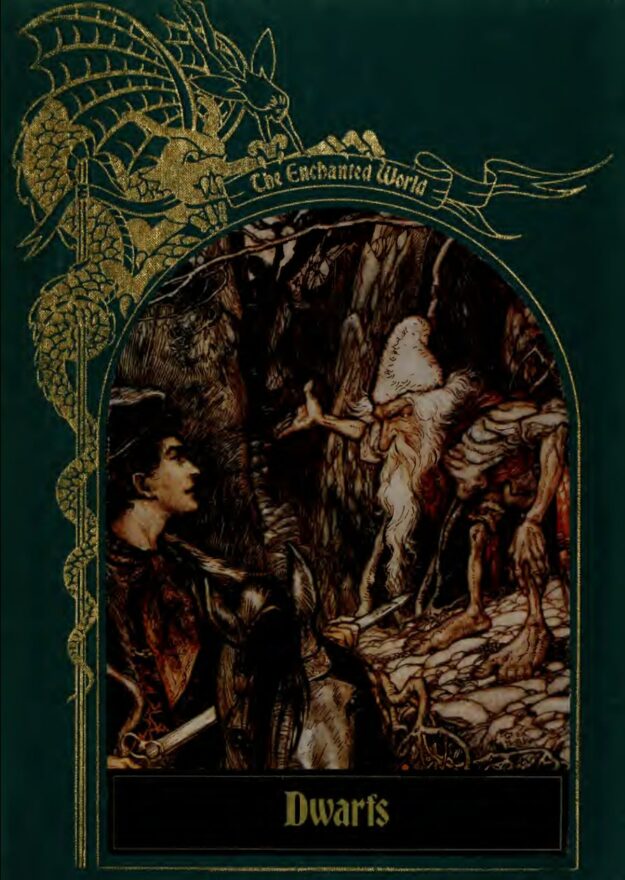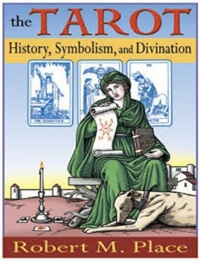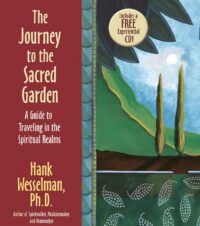“Dwarfs” by Time-Life Books (The Enchanted World 09)

"Dwarfs (actual spelling used in book — this is the traditional spelling — "dwarves" comes from The Hobbit author J.R.R. Tolkien and was an intentional change of spelling) opens with the Younger ("Prose") Edda, a narration of Norse mythology. It opens with Norse dwarves and tells how the race began soon after Odin and his Aesir killed Ymir, using his flesh to make the earth. The maggots that crawled from the flesh became dwarfs. Corpse grey and subterranean troglodytes, the gods tended to look down on them but the dwarfs, brash and brazen, knew that when Aesir needed weapons or wanted luxuries that the dwarfs by their magical craftsmanship alone could provide what was needed. While author Tim Appenzeller admits that such tales contain much fiction, they still contain a grain of truth.
In time the dwarfs lost the ability, or the will, to stand as equals to the gods and walked among mortals. With the pagan gods dead and the God and His Church dominant, a new world had dawned. Even so, the dwarf kings such as Herla or Laurin of the Tyrol's Mountains were not afraid and outshone their cavedwelling ancestors in splendor. The dwarfs adapted well to Christian Europe, befriending mortals; Alberich, for example, was famous for befriending King Otnit of Lombardy and going with him to Syria to help him win an exotic pagan princess for a bride. The tale of Elidor is also recounted.
The dwarfs' decline is further explored with the dwarfish peasantry. They were friendly towards mortal peasants with whom they shared parallel lives and they often helped each other just as their respective kings did. As humans grew stronger, forming centralized states, large cities, roads, and factories, and as the dwarfs' own magic began to fail them, the fragile ties of friendship began to unravel and most dwarfs left the mortal world. Those that remained, abandoned by their fellows suffered a diaspora and placed themselves at mortals' mercy. They went on to become household spirits slavishly serving as domestic help of their particular mortals, though even there they would go into retreat. The last sightings of dwarfs concerned the Knockers, beings that lived in mines and watched over miners. While, the text says, miners would give them food and drink; these were offerings, not rewards. Tim Appenzeller goes on to speculate that knockers are just the most visible members of hidden dwarf kingdoms. While some of them might be recent dwarf refugees from the outside world, some of them might have always lived there, "awaiting the day when their earth-shaping skills will once again dazzle mortals and gods alike."









Comments and discussion can be found in the channel